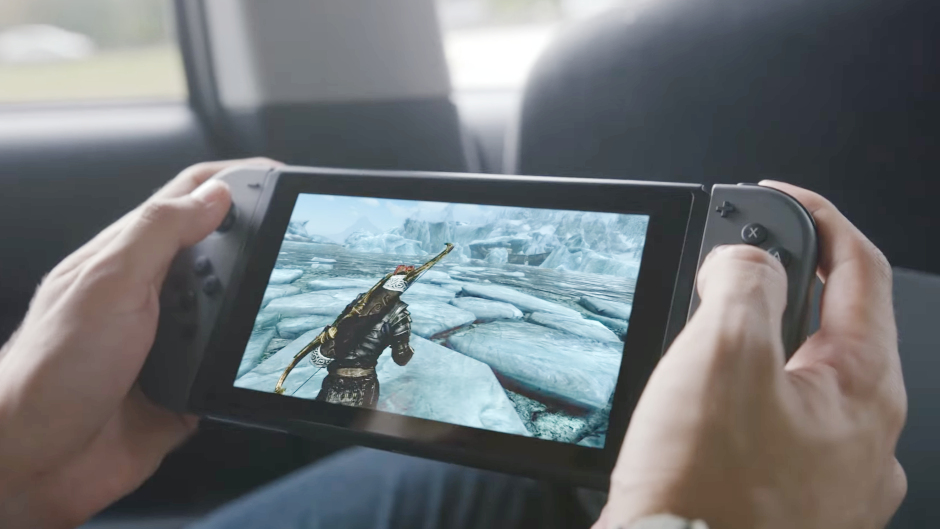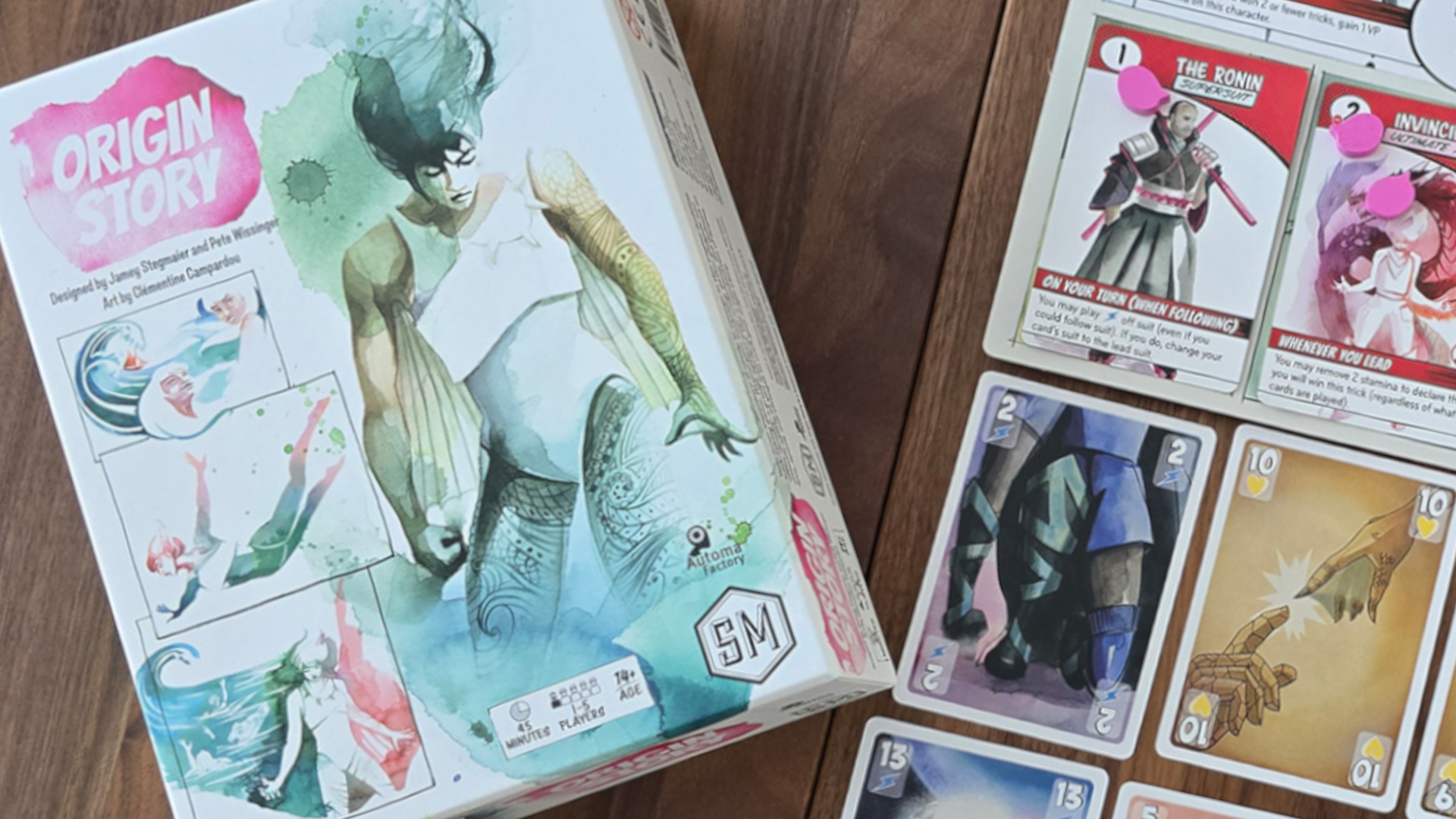
The Nintendo Switch (or The Console Formerly Known As Nintendo NX if you prefer) will be the first console powered by Nvidia technology since the company co-developed the PS3's "Reality Synthesizer" graphics processor with Sony. And while we don't have specifics such as RAM, hard drive space, or processor speeds (yet), we can still dive into this news and figure out what it means.
Over on the Nvidia blog, the tech company states that the Switch will feature a custom Tegra processor. Tegra is the designation for Nvidia's mobile efforts, such as tablets and smartphones. So if you saw the Switch reveal and thought, "That kind of looks like a tablet with controllers attached," you aren't far off - the tablet comparison is more than skin deep.
Right off the bat, this means that the Switch is likely not as powerful as the Xbox One and PS4. Some may have been hoping the next Nintendo console would stop lagging behind its competition in terms of horsepower (a strategy it's employed since introducing the Wii in 2006), but it looks like Nintendo is staying the course, opting for creativity and unique design over raw power.
That said, the Tegra chips are not to be underestimated. At the Consumer Electronics Show 2015, a Tegra model X1 chip was capable of playing a scaled-down version of the Unreal Engine 4 "Elemental" tech demo. Meanwhile, Digital Foundry has found games such as Doom 3: BFG Edition - which runs at 720p resolution and 60 frames per second (with notable dips in framerate) on Xbox 360 and PS3 - running at a smooth 1080p, 60fps on a Tegra X1. So this is a step up from previous consoles.
Digital Foundry also reports that Switch dev kits are currently using the X1 model. But here's the interesting bit: Nvidia is already gearing up for its successor, the X2. The X1 utilizes what's called Maxwell architecture, while the X2 uses what's called Pascal architecture - but don't get too hung up on the wording there. Basically, all you need to know is that the way Nvidia constructs its X1 chip is based on 2014 technology, while the X2 is based on 2016 technology.
In its blog post, Nvidia says that, "[Switch's] high-efficiency scalable processor includes an NVIDIA GPU based on the same architecture as the world’s top-performing GeForce gaming graphics cards." This statement is vague, which is either worrying or encouraging depending on your point of view. Either Nvidia isn't specifying whether the architecture is Maxwell or Pascal because it's the older of the two and Nvidia knows that will hurt public perception… or it's not saying because saving that surprise for later will help keep the hype train running.
When taken at its most literal though, I see signs pointing toward optimism. Since the introduction of PC graphics cards like the GTX 1080 and GTX 1070 (which are based on Pascal architecture), the "world's top-performing" cards are no longer rooted in Maxwell design. Plus, Nvidia has a tendency to introduce new tech in the spring - right around the Switch launch window. You don't have to, but I'll be hoping for an X2.
Weekly digests, tales from the communities you love, and more
Nvidia also claims that the Switch will take advantage of "fully custom software, including a revamped physics engine, new libraries, advanced game tools and libraries. NVIDIA additionally created new gaming APIs to fully harness this performance." An API, or Application Programming Interface, is basically fancy jargon for "how software talks to things." So what does all this mumbo-jumbo about APIs, tools, and libraries mean? Good and potentially bad things.
The good thing about having custom software and custom APIs is that you can get the most bang for your buck, sort of like how custom-building a piece of furniture means it can be the best fit for your home. Or, for a more techy example, this is like making a custom built computer that outperforms a store-bought model for cheaper. In the case of Switch, this could mean increased graphics processing at lower power consumption - a definite plus for maximizing battery life.
On the other hand, third-party developers have to learn these tools and how to best utilize them, and that can make ports in particular a bit of a pain. Remember how Sony touted the PS3's proprietary Cell processor? While it was indeed powerful, its designs made achieving parity in games that were also on the Xbox 360 difficult. This is part of why PS3 versions of games like Skyrim and Assassin's Creed tended to struggle while their 360 counterparts ran comparably better.
Another point of comparison is PC games. While most games play fine with both Nvidia graphics cards and cards produced by its competitor, AMD, there are the occasional standouts. Fallout 4, for example, ran pretty well with Nvidia cards, but struggled with AMD at launch.
With Switch as the only console using Nvidia technology (both Xbox One and PS4 use AMD tech), it could mean extra hassle and cost for developers who want their game to be on all three platforms. Or it might be a minor hurdle. It all depends on how good these tools that Nvidia alludes to are.
But hey, with five months until the Nintendo Switch release date, I'm sure there will be plenty more information to come, along with plenty more analysis.
Seen something newsworthy? Tell us!

Sam is a former News Editor here at GamesRadar. His expert words have appeared on many of the web's well-known gaming sites, including Joystiq, Penny Arcade, Destructoid, and G4 Media, among others. Sam has a serious soft spot for MOBAs, MMOs, and emo music. Forever a farm boy, forever a '90s kid.


